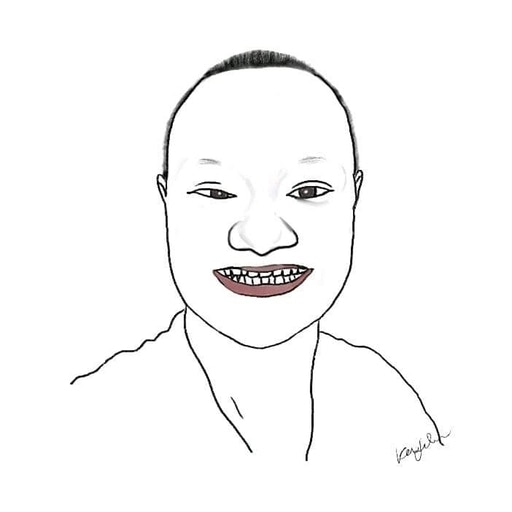May. 17, 2020
•5 min read
There is a lot of stigma regarding mental and behavioral health. Some folks hate to admit they have a mental health disorder before it is too late and seek treatment. Some folks are brave enough to admit their condition, but it requires plenty of courage to do so.
According to Rory Linnane's "No matter when they call, I pick up": Mental health workers see increased demand for treatment, support, the pandemic revealed people had anxiety and depression prior. I am one of the folks who hesitated to admit I have anxiety and obsessive compulsive disorders.
Healthcare providers are delivering video appointments and telephone calls to be able to adhere to physical distancing. Telehealth is sufficient and yet, we are likely to receive the most from face to face appointments with our physicians, therapists, and the like.
Mental healthcare providers are supportive and understanding of one's condition, as they will discuss all circumstances including one's treatment plan. The coronavirus pandemic is one of the primary discussions during therapy sessions.
Therapy may be initially intimidating, but once acclimated to the therapeutic atmosphere, these healthcare professionals are there for you no matter what. One must be open to discuss concerns and as someone who is an introvert, it's difficult.
According to Dr. Yalda Safai's Anxiety and depression likely to spike among Americans as coronavirus pandemic spreads, nearly 7 million people in the United States are affected by generalized anxiety disorder. I still feel as if I am alone with anxiety and yet, therapists reassure you.
One of the anxiety symptoms include feeling as if something awful will happen. As someone who is a daughter of an elder parent with an underlying health condition, I worry she will contract the deadly virus.
As I delayed receiving treatment, it is better to seek help now before mental health issues worsen. Mental health recovery is slow and steady, as I am just starting to accept the fact a few therapy sessions will not do the trick. A close knit support system is crucial as well.
If someone is feeling extremely worried, depressed, and the like, compassionately reach out to them. We may hide our emotions and thus, respect and dignity are necessary.
The coronavirus pandemic impacted our physical well being, but our mental health is left in the dust. Ponder the difficult questions during this unprecedented time.
Mental Health Resources:
Milwaukee County 24 hour crisis line: 414-257-7222. When needed, a mobile team can meet adults and adolescents anywhere to talk and connect them to resources.
Pathfinders 24 hour line for youth in crisis: 414-271-1560
National Suicide Prevention Lifeline: 1-800-273-8255
National Domestic Violence Hotline: 1-800-799-7233
HOPELINE: For emotional support, text "Hopeline" to 741-741
Other Resources
IMPACT 211: Call 2-1-1 for information and referrals to a wide range of community services
Sixteenth Street: Call 414-672-1353 to set up an appointment with a mental health provider
Milwaukee Health Department: Domestic Violence and Sexual Assault Resources
National Alliance on Mental Illness: Covid-19 Information and Resource Guide
(Photo by Daniel Reche from Pexels)
More Articles by Livia Peterson
May. 3, 2020
•6 min read
Oct. 3, 2023
•8 min read
Sep. 19, 2023
•9 min read
About the author
Livia Peterson is an arts and entertainment writer, based in Milwaukee.

